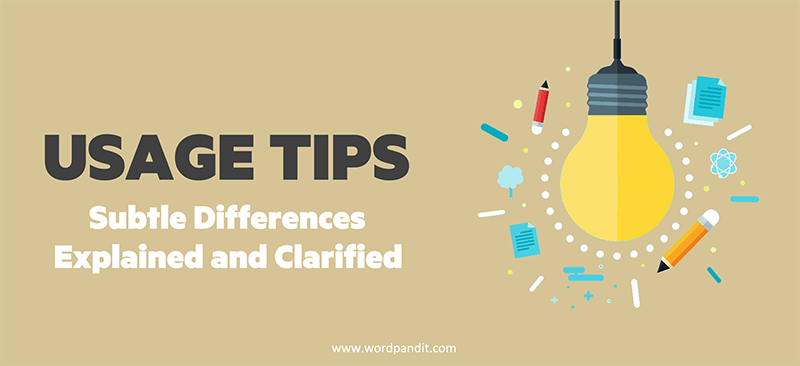Bail vs. Bale: Understanding the Difference 🌾⚖️
Have you ever found yourself in a conversation and paused, wondering if you should use “bail” or “bale”? 🤔 You’re not alone! These two words may sound similar, but they have completely different meanings and uses. Knowing when to use “bail” versus “bale” can save you from some amusing misunderstandings—like imagining someone “bailing” hay out in the field! 😂 Let’s dive into the differences and make sure you never get these two mixed up again. 💡
Bail: What Does It Mean? 🚔💦
- Definition: 🔍 “Bail” refers to releasing someone from jail (usually after paying a sum of money) or removing water from a boat. It can also mean to abandon a situation that seems troublesome or risky.
- Pronunciation: 🗣️ /beɪl/
- Etymology: 📜 The term “bail” comes from Old French bailer, meaning “to give or deliver.” The word has evolved over time to take on meanings associated with releasing or letting go.
- Usage Examples: ✍️
- “The judge agreed to bail the defendant out of jail.”
- “We had to bail water out of the sinking boat.”
- “She decided to bail on the party when things got too chaotic.”
- Synonyms: 📖 release, empty, quit
- Antonyms: ❌ detain, fill, stay
Bale: What Does It Mean? 🌾📦
- Definition: 🔍 “Bale” refers to a large bundle of something, like hay, that is tied together tightly. It is often used to describe large, compressed packages of agricultural or raw materials.
- Pronunciation: 🗣️ /beɪl/
- Etymology: 📜 The word “bale” comes from Middle English bale, meaning “a bundle or package.” It has agricultural roots, as it primarily relates to bundling crops for easier handling and transportation.
- Usage Examples: ✍️
- “The farmer stacked the bale of hay in the barn.”
- “She lifted a bale of cotton onto the truck.”
- “The warehouse stored bales of recycled cardboard.”
- Synonyms: 📖 bundle, pack, stack
- Antonyms: ❌ unpack, scatter, separate
Comparison and Contrast ⚖️🔄
While “bail” often involves getting out of trouble (like bailing someone out of jail or bailing water from a boat), “bale” is about bundling things together. One is all about freedom or removal, and the other is about compression and containment. It’s pretty clear now why you wouldn’t want to mix these two up—no one wants to “bail” a bundle of hay, right? Mixing these up could lead to some pretty confusing scenarios, like picturing a farmer trying to “bail” his hay or someone trying to “bale” water out of a sinking ship! 😂
Contextual Usage 📝
To make the difference more obvious, let’s use both words in a sentence: “After helping to bail water from the boat, the farmer returned to stack a bale of hay.” Here, “bail” implies removing water to avoid a problem, whereas “bale” is about bundling up hay. It’s important to understand the context, as using the wrong word could completely change the meaning of your sentence.
Mnemonic Devices 🧠💡
Here’s a little trick to help you remember: think of “bail” as getting someone or something out of trouble (like getting someone out of jail, bailing on a risky situation, or water out of a boat). For “bale”, think of a “bundle” (both start with “b”) that’s tied up nice and tight. Another way to remember is that “bail” sounds like “fail,” which might remind you of needing to get out of a bad situation, while “bale” sounds like “pail,” which can help you think of a container or a package. 🪣
Related Word Pairs 🔗📚
If you enjoyed learning about “bail” and “bale,” you might also be interested in understanding other commonly confused words like “affect” vs. “effect,” “complement” vs. “compliment,” or “desert” vs. “dessert.” These word pairs can also cause confusion, but understanding their subtle differences can help sharpen your language skills. ✨📘
Conclusion 🏁
And there you have it! “Bail” and “bale” are similar-sounding words with very different meanings. By remembering the difference, you can avoid some funny mix-ups and sound more confident in your word choices. 💪 Keep these distinctions in mind, and you’ll never get tangled up in this particular word confusion again! Whether you’re bailing a boat, bailing out of plans, or stacking bales of hay, you now know exactly which word to use and why. Understanding these differences can greatly enhance your communication skills and prevent misunderstandings. 🗣️✨
Test Your Knowledge: Bail vs. Bale Quiz
1. The judge agreed to ___ the defendant out of jail.
2. The farmer stacked a ___ of hay in the barn.
3. Bail means to bundle hay together.
4. Identify the synonym for Bale:
5. The sailor had to ___ water out of the sinking ship.
6. He helped ___ his friend out of trouble before heading to the farm to stack a ___ of hay.
7. Which word has its origins in Old French meaning “deliver”?
8. The word ‘bale’ can be used to describe releasing someone from jail.
9. After finishing his duties at the farm, he helped ___ water from the boat.












Which one –bale or bail– is correct for the wire gizmo that holds a stopper or lid & rubber gasket on an old glass bottle or jar? (Like the Le Parfait canning jars from France.) MTIA!
should be bale..as one of its meaning’s is: ‘a large bundle or package prepared for shipping, storage, or sale, especially one tightly compressed and secured by wires, hoops, cords, or the like, and sometimes having a wrapping or covering: a bale of cotton; a bale of hay.’
so it represents a wrapping around something , to hold it together…